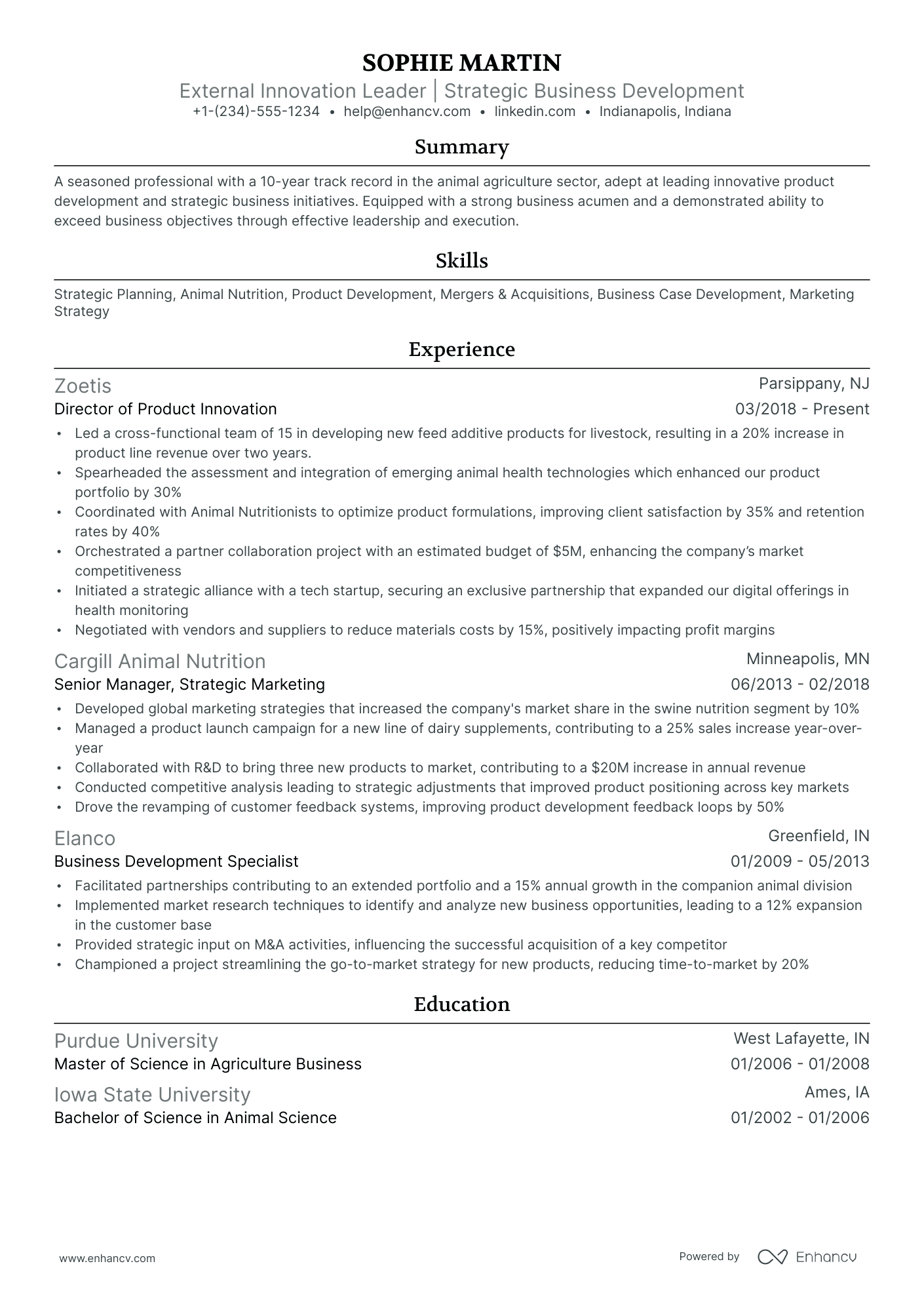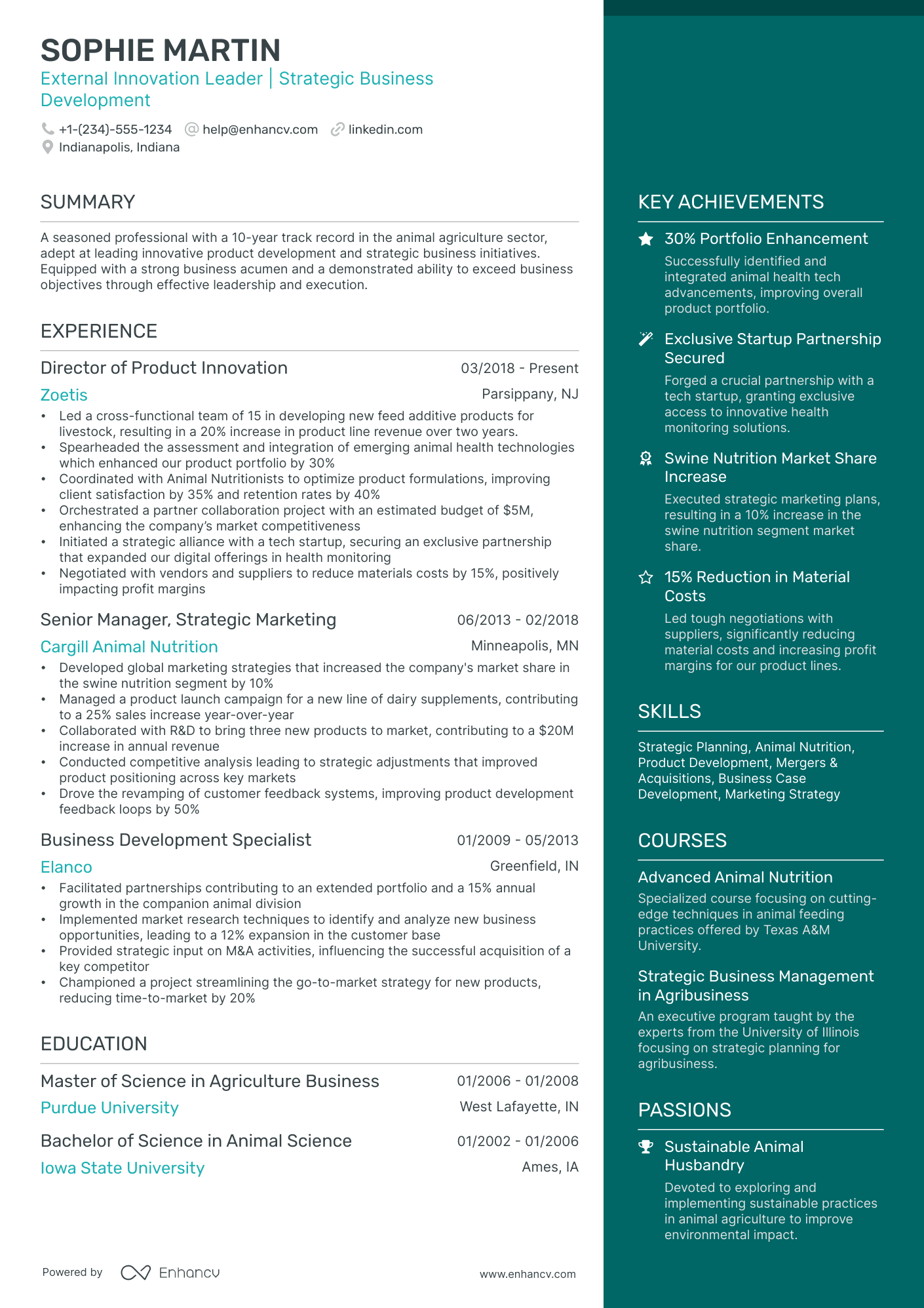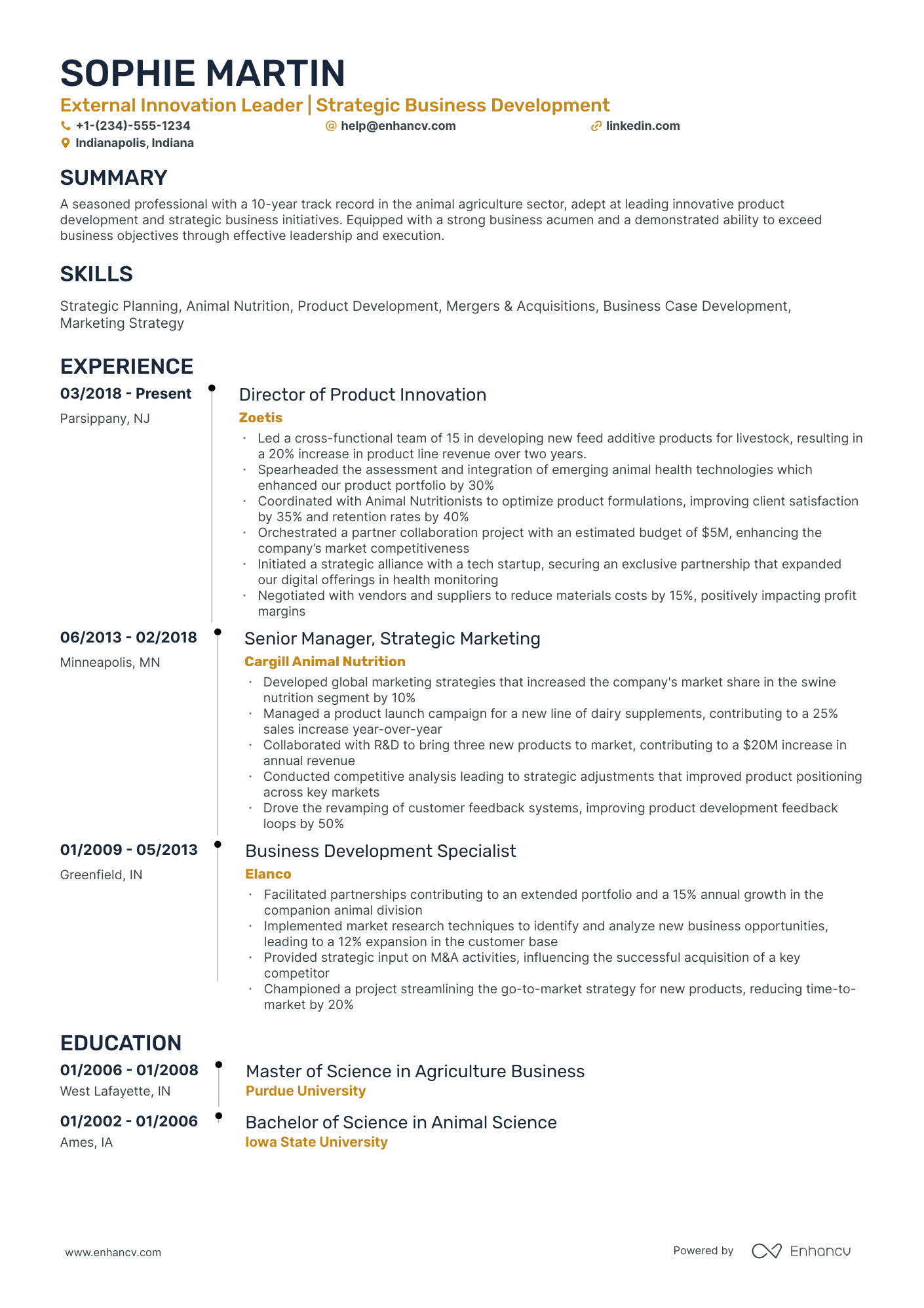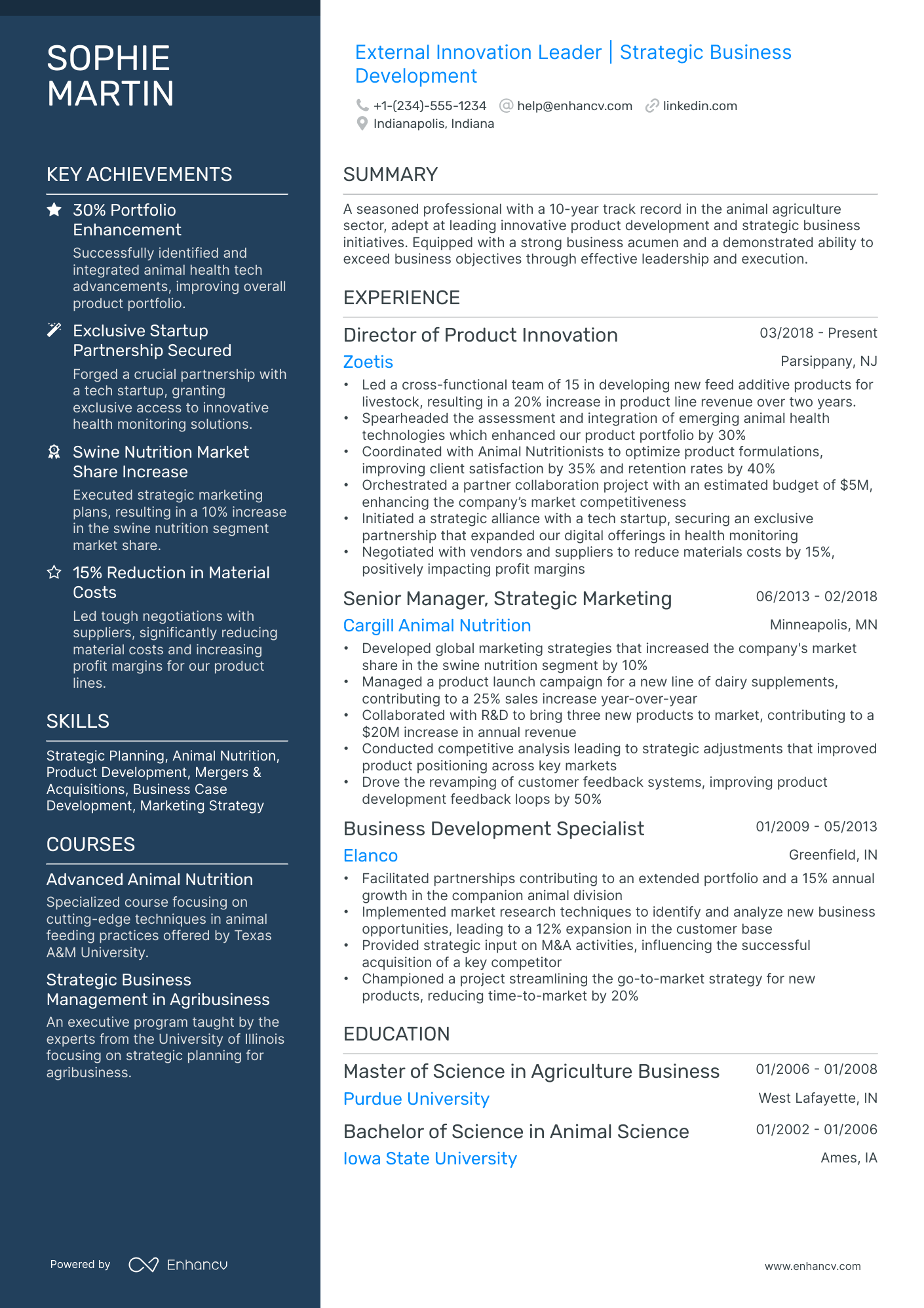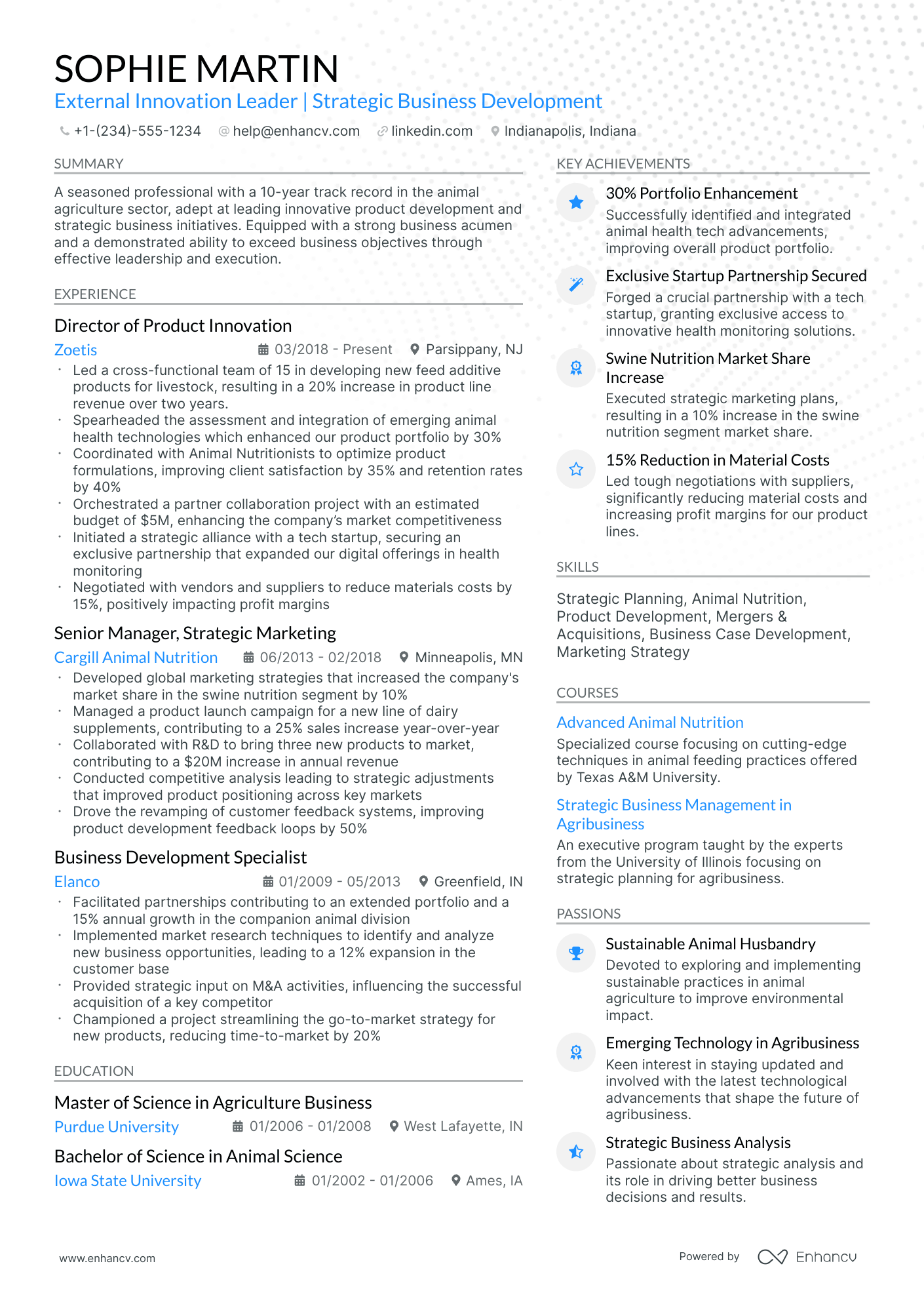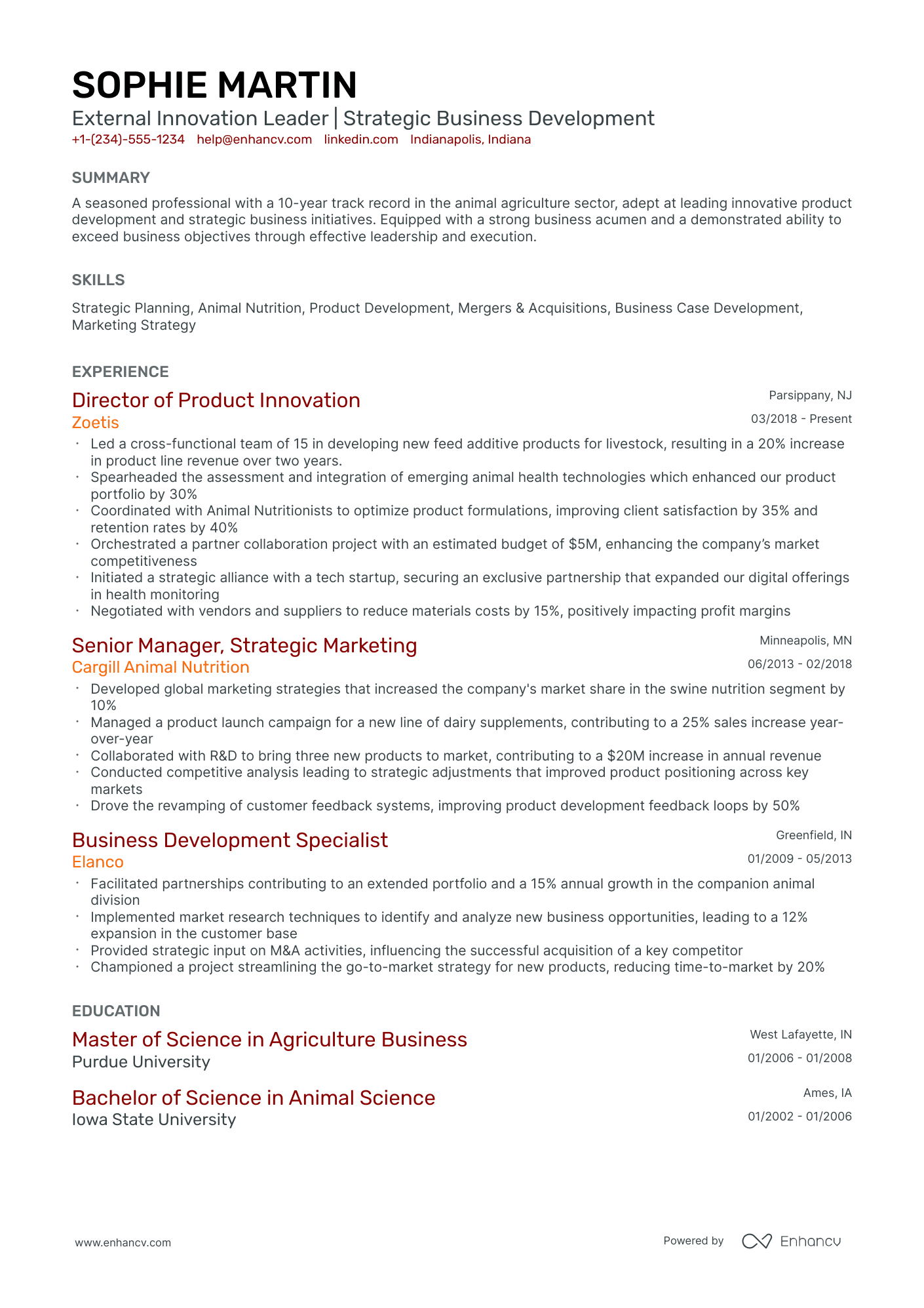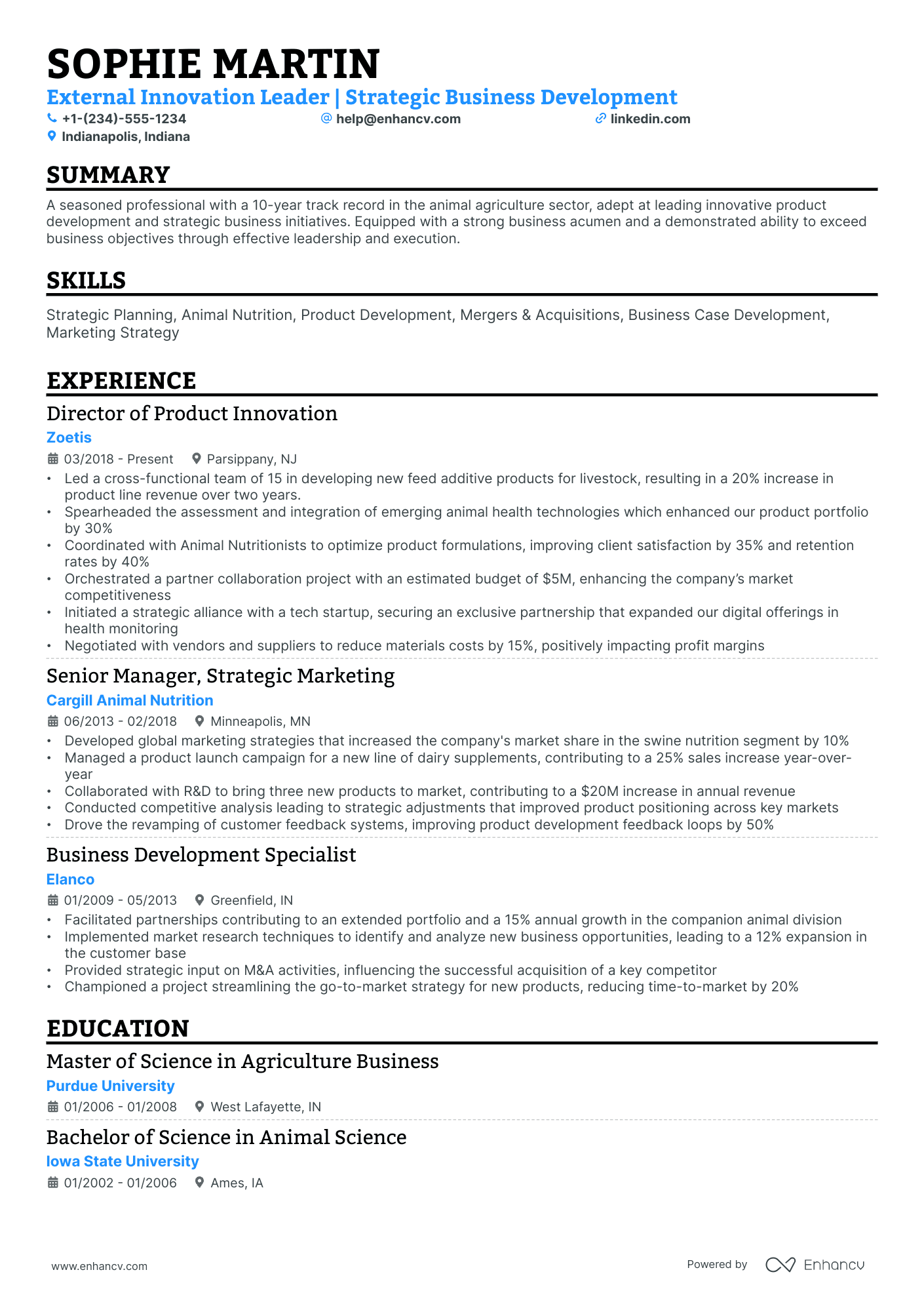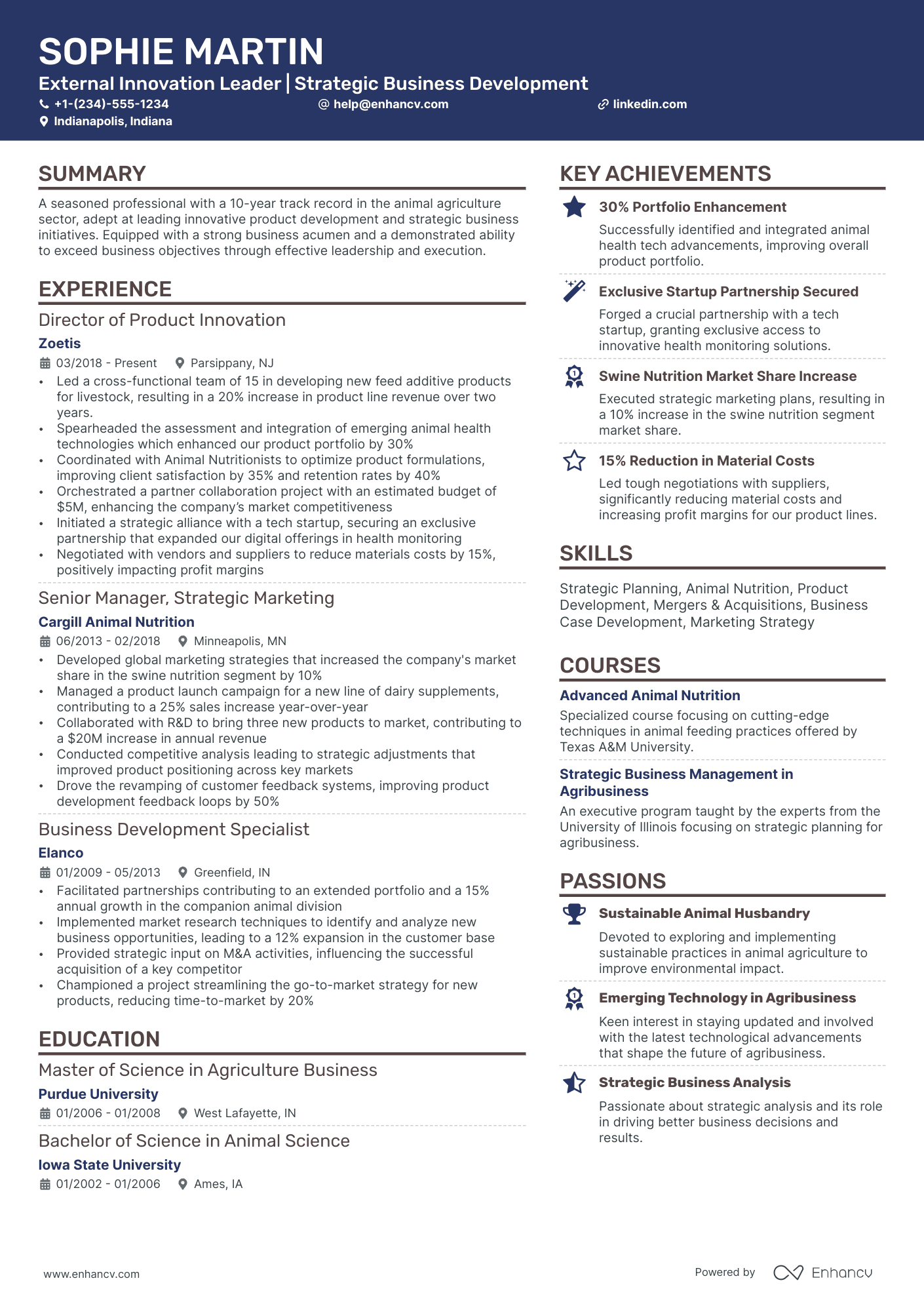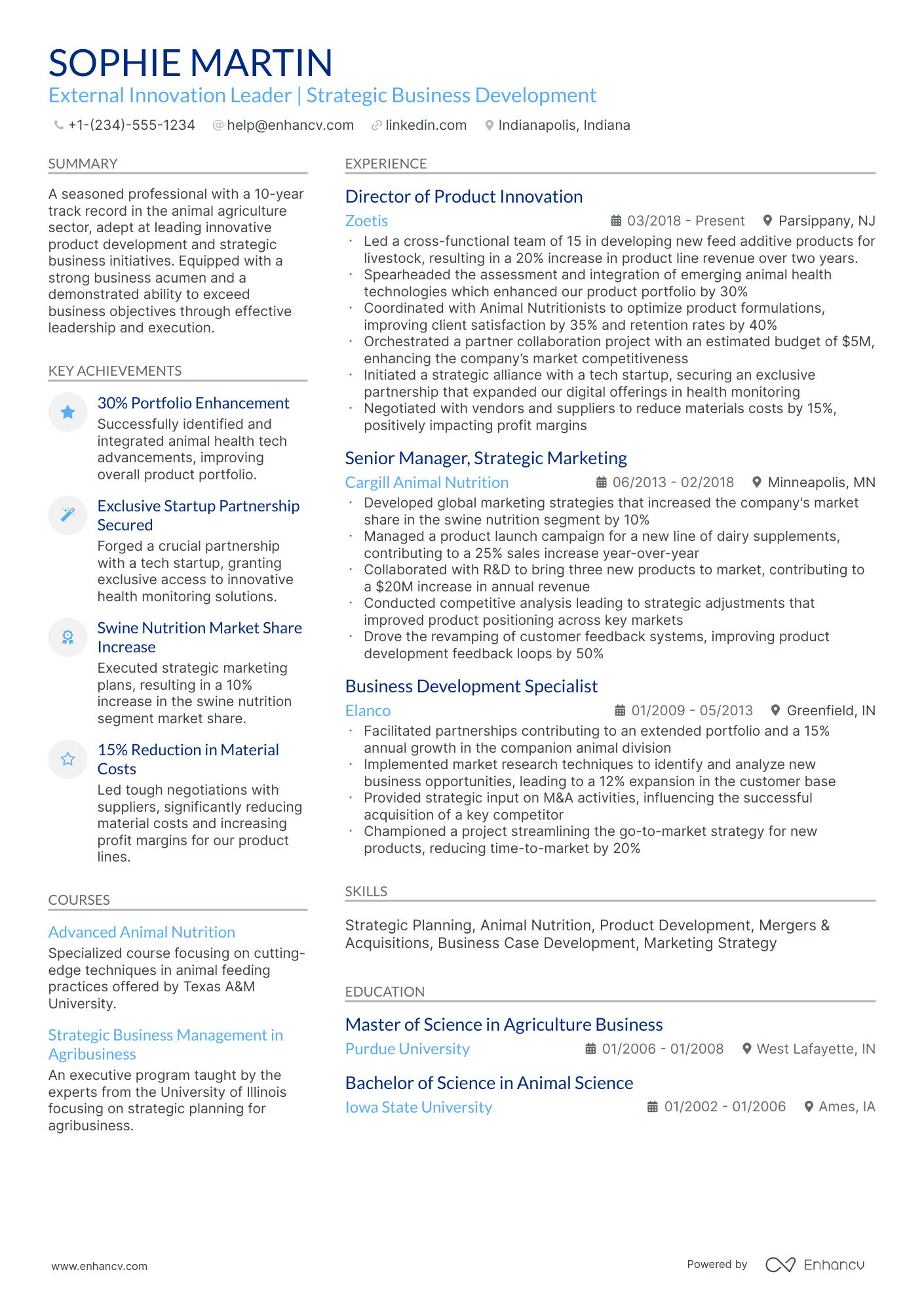Many executive manager resume submissions fail because they read like job descriptions, burying leadership impact under long responsibility lists. That hurts in today's hiring process, where applicant tracking system filters and fast recruiter scans reward clear outcomes.
A strong resume shows what you changed, improved, or delivered. If you're unsure where to begin, learning how to write a resume that emphasizes results over responsibilities is the critical first step. You should highlight revenue growth, cost reduction, risk mitigation, budget and headcount scope, on-time program delivery, service levels, and stakeholder satisfaction. Quantify scale, timelines, and business results.
Key takeaways
- Lead every experience bullet with ownership scope, execution method, and measurable business outcome.
- Use reverse-chronological format—hybrid and functional layouts undermine executive credibility.
- Quantify achievements with revenue, cost, delivery speed, quality, and risk metrics.
- Tailor your resume to each posting by mirroring its frameworks, KPIs, and terminology.
- Place skills in context by proving them through summary statements and experience bullets.
- Pair your resume with a cover letter when fit or career transitions need narrative explanation.
- Use Enhancv's tools to tighten language and quantify bullets, then stop before content sounds generic.
Job market snapshot for executive managers
We analyzed 64 recent executive manager job ads across major US job boards. These numbers help you understand regional hotspots, skills in demand, career growth patterns at a glance.
What level of experience employers are looking for executive managers
| Years of Experience | Percentage found in job ads |
|---|---|
| 1–2 years | 1.6% (1) |
| 3–4 years | 3.1% (2) |
| 5–6 years | 29.7% (19) |
| 7–8 years | 14.1% (9) |
| 9–10 years | 1.6% (1) |
| 10+ years | 4.7% (3) |
| Not specified | 46.9% (30) |
Executive manager ads by area of specialization (industry)
| Industry (Area) | Percentage found in job ads |
|---|---|
| Finance & Banking | 65.6% (42) |
| Healthcare | 15.6% (10) |
Role overview stats
These tables show the most common responsibilities and employment types for executive manager roles. Use them to align your resume with what employers expect and to understand how the role is structured across the market.
Day-to-day activities and top responsibilities for a executive manager
| Responsibility | Percentage found in job ads |
|---|---|
| Cybersecurity | 15.6% (10) |
| Voip | 15.6% (10) |
| Business continuity | 12.5% (8) |
| Customer premise equipment | 12.5% (8) |
| Data networking technologies | 12.5% (8) |
| Disaster recovery | 12.5% (8) |
| Ethernet | 12.5% (8) |
| Internet technologies | 12.5% (8) |
| Lan | 12.5% (8) |
| Man | 12.5% (8) |
| Man technologies | 12.5% (8) |
| Network design | 12.5% (8) |
Type of employment (remote vs on-site vs hybrid)
| Employment type | Percentage found in job ads |
|---|---|
| On-site | 56.3% (36) |
| Hybrid | 25.0% (16) |
| Remote | 18.8% (12) |
How to format a executive manager resume
Recruiters evaluating executive manager candidates prioritize evidence of strategic leadership, organizational impact, and a clear trajectory of increasing responsibility. A well-chosen resume format ensures these signals are immediately visible, both to human reviewers and applicant tracking systems.
I have significant experience in this role—which format should I use?
Use a reverse-chronological format—it's the only structure that properly showcases your leadership progression and executive-level accountability. Do:
- Lead each role entry with scope indicators: team size, budget authority, business unit ownership, and reporting structure.
- Highlight domain expertise in areas such as P&L management, cross-functional strategy, organizational development, stakeholder relations, and enterprise-level decision-making frameworks.
- Quantify outcomes tied directly to business impact—revenue growth, cost optimization, market expansion, or operational transformation.
Why hybrid and functional resumes don't work for senior roles
Hybrid formats fragment your career narrative by pulling key accomplishments out of their organizational context, which obscures the leadership progression and decision ownership that executive hiring committees need to verify. Functional formats are even more damaging at this level—they strip away accountability context entirely, making it impossible for reviewers to connect your strategic impact to specific roles, timelines, or business outcomes. Avoid both formats entirely when applying to executive manager positions, as they signal gaps in tenure or an attempt to mask an inconsistent leadership track record.
- One exception: A functional format may be acceptable only if you're transitioning into executive management from an adjacent discipline (such as moving from a senior consulting principal to an in-house executive manager role), provided every listed skill is anchored to specific projects, measurable outcomes, and clear organizational context.
Now that you've established a clean, readable structure for your resume, it's time to fill each part with the right content—starting with the essential sections every executive manager resume needs.
What sections should go on a executive manager resume
Recruiters expect to see clear leadership scope, measurable business impact, and progression across executive management roles on your executive manager resume. Knowing exactly what to put on a resume at this level ensures nothing critical gets left out.
Use this structure for maximum clarity:
- Header
- Summary
- Experience
- Skills
- Projects
- Education
- Certifications
- Optional sections: Awards, Publications, Languages
Strong experience bullets should emphasize outcomes you delivered, the scope you owned, and the results you drove across teams, budgets, and strategy.
Is your resume good enough?
Drop your resume here or choose a file. PDF & DOCX only. Max 2MB file size.
Once you’ve organized the key resume components employers expect, the next step is to write your executive manager resume experience so it supports and strengthens the rest of the document.
How to write your executive manager resume experience
Your work experience section serves as the foundation of your executive manager resume, showcasing the strategic initiatives you've led, the operational frameworks you've deployed, and the measurable business outcomes you've delivered. Hiring managers evaluating executive manager candidates prioritize demonstrated impact—revenue growth, organizational transformation, market expansion—over descriptive task lists that simply catalog daily responsibilities.
Each entry should include:
- Job title
- Company and location (or remote)
- Dates of employment (month and year)
Three to five concise bullet points showing what you owned, how you executed, and what outcomes you delivered:
- Ownership scope: the business units, P&L portfolios, strategic initiatives, cross-departmental operations, or senior leadership teams you were directly accountable for as an executive manager.
- Execution approach: the strategic planning frameworks, governance models, enterprise technologies, change management methodologies, or decision-making structures you used to drive organizational performance and align priorities.
- Value improved: changes to profitability, operational efficiency, organizational scalability, market positioning, risk mitigation, or stakeholder confidence that resulted from your executive leadership.
- Collaboration context: how you partnered with board members, C-suite peers, investors, regulatory bodies, or cross-functional department heads to advance enterprise-wide objectives tied to your executive manager role.
- Impact delivered: outcomes expressed through business growth, competitive advantage, cultural transformation, or long-term strategic positioning rather than a summary of meetings attended or processes maintained.
Experience bullet formula
A executive manager experience example
✅ Right example - modern, quantified, specific.
Executive Manager, Operations & Strategy
NorthBridge Logistics | Chicago, IL
2021–Present
Third-party logistics provider supporting over 600 enterprise customers across North America with time-critical freight and warehousing.
- Led a cross-functional transformation across operations, finance, and product using OKRs (objectives and key results), Lean Six Sigma, and Tableau dashboards—cut order-to-delivery cycle time 18% and improved on-time delivery from 92% to 97% in twelve months.
- Negotiated and implemented a new transportation management system (Transportation Management System) and NetSuite integration with engineering, vendors, and regional leaders—reduced manual billing errors 35% and accelerated month-end close by four days.
- Directed a $28M annual operating budget and restructured capacity planning using SQL-based forecasting and scenario modeling—improved gross margin 2.6 points and avoided $1.9M in peak-season overflow costs.
- Built an executive risk and compliance program with HR, legal, and security using SOC 2 controls, incident runbooks, and quarterly audits—reduced high-severity incidents 40% and passed two customer compliance reviews with zero critical findings.
- Scaled leadership cadence across five sites by standardizing KPI reviews, stakeholder updates, and performance coaching—reduced frontline turnover from 24% to 16% and increased employee engagement scores 11 points.
Now that you've seen what a strong experience section looks like in practice, let's break down how to customize yours to match a specific executive manager role.
How to tailor your executive manager resume experience
Recruiters evaluate your executive manager resume through both human review and applicant tracking systems (ATS), so alignment with the job posting is essential. Tailoring your resume to the job description ensures your qualifications speak directly to what each employer prioritizes.
Ways to tailor your executive manager experience:
- Match leadership frameworks and management methodologies named in the posting.
- Mirror the exact KPIs and performance metrics the role emphasizes.
- Reflect strategic planning tools or enterprise systems listed as requirements.
- Incorporate industry or domain expertise when the posting specifies it.
- Highlight compliance and governance experience if the role demands regulatory oversight.
- Use the same terminology for operational processes and organizational standards referenced.
- Emphasize cross-functional collaboration models or workflows the employer describes.
- Align your scope of budget authority with the scale the posting outlines.
Tailoring means connecting your real accomplishments to each job's stated priorities, not forcing keywords where they don't belong.
Resume tailoring examples for executive manager
| Job description excerpt | Untailored | Tailored |
|---|---|---|
| Lead enterprise-wide digital transformation initiatives, partnering with C-suite stakeholders to drive operational efficiency across a $2B+ portfolio using Lean Six Sigma methodologies. | Led various projects to improve company operations and worked with senior leaders on business goals. | Directed a $2.4B enterprise-wide digital transformation program in partnership with the CFO and COO, applying Lean Six Sigma methodologies to reduce operational costs by 18% across four business units. |
| Build and scale high-performing cross-functional teams (100+ employees) to execute strategic growth plans in emerging APAC markets, with full P&L ownership. | Managed large teams and helped the company grow in international markets. | Built and scaled a 130-person cross-functional organization across three APAC markets, owning a $340M P&L and delivering 22% year-over-year revenue growth against the board's strategic expansion plan. |
| Develop and implement risk governance frameworks aligned with SOX and SEC compliance standards, reporting directly to the board of directors on enterprise risk posture. | Handled risk management duties and reported findings to leadership on a regular basis. | Designed and implemented an enterprise risk governance framework fully aligned with SOX and SEC compliance standards, delivering quarterly risk posture briefings to a 12-member board and closing 100% of critical audit findings within 90 days. |
Once you’ve aligned your experience with the role’s priorities, quantify your executive manager achievements to show the measurable impact of that work.
How to quantify your executive manager achievements
Quantifying your achievements proves business impact and leadership effectiveness. Focus on revenue, cost, delivery speed, quality, risk, and customer outcomes, tied to scope like budget, headcount, and cross-functional programs.
Quantifying examples for executive manager
| Metric | Example |
|---|---|
| Revenue growth | "Grew annual recurring revenue 18% ($4.2M) by launching a three-tier pricing model and tightening sales enablement in Salesforce." |
| Cost efficiency | "Reduced operating expenses 12% ($1.1M) by consolidating vendors, renegotiating contracts, and standardizing procurement workflows in Coupa." |
| Delivery speed | "Cut quarterly initiative cycle time from 14 to nine weeks by implementing a weekly operating cadence and Jira-based dependency tracking across six teams." |
| Quality outcomes | "Improved customer satisfaction score from 4.1 to 4.6 by redesigning escalations, adding root-cause reviews, and enforcing service-level agreements." |
| Risk reduction | "Lowered audit findings 40% by rolling out control testing, updating policies, and training 120 managers on compliance and documentation standards." |
Turn vague job duties into measurable, recruiter-ready resume bullets in seconds with Enhancv's Bullet Point Generator.
With strong, results-driven bullet points in place, the next step is ensuring your skills section presents the right mix of hard and soft skills that reinforce your executive manager qualifications.
How to list your hard and soft skills on a executive manager resume
Your skills section shows how you lead teams and deliver outcomes, and recruiters and an ATS (applicant tracking system) scan this section to confirm fit fast—aim for a balanced mix of hard skills and role-specific soft skills. executive manager roles require a blend of:
- Product strategy and discovery skills.
- Data, analytics, and experimentation skills.
- Delivery, execution, and go-to-market discipline.
- Soft skills.
Your skills section should be:
- Scannable (bullet-style grouping).
- Relevant to the job post.
- Backed by proof in experience bullets.
- Updated with current tools.
Place your skills section:
- Above experience if you're junior or switching careers.
- Below experience if you're mid/senior with strong achievements.
Hard skills
- Strategic planning and roadmapping
- Operating model design
- Budgeting and financial forecasting
- Profit and loss management
- OKRs and KPI dashboards
- Program and portfolio management
- Risk management and controls
- Contract negotiation and vendor management
- Salesforce, HubSpot, Microsoft Dynamics
- Power BI, Tableau, Excel
- SQL reporting and analysis
- Lean Six Sigma process improvement
Soft skills
- Set priorities and trade-offs
- Align stakeholders across functions
- Lead executive-level communication
- Drive accountability and follow-through
- Make decisions with incomplete data
- Coach leaders and build succession
- Resolve conflict and unblock teams
- Influence without direct authority
- Run effective staff meetings
- Escalate risks early and clearly
- Translate strategy into execution
- Manage change and adoption
How to show your executive manager skills in context
Skills shouldn't live only in a dedicated skills list. Browse examples of resume skills presented in context to see how top candidates weave competencies into real accomplishments.
They should be demonstrated in:
- Your summary (high-level professional identity)
- Your experience (proof through outcomes)
Here's what strong, skills-driven content looks like in practice.
Summary example
Executive manager with 15 years in healthcare operations, skilled in Lean Six Sigma, ERP implementation, and cross-functional leadership. Drove $12M in annual cost savings while scaling teams across four regional facilities.
- Reflects senior-level experience clearly
- Names specific tools and methods
- Leads with a measurable cost outcome
- Signals collaborative leadership ability
Experience example
Vice President of Operations
Meridian Health Partners | Chicago, IL
March 2018–Present
- Redesigned supply chain workflows using SAP S/4HANA, cutting procurement costs by 22% across three facilities.
- Partnered with C-suite and department heads to launch a Lean Six Sigma program, reducing patient wait times by 31%.
- Led a 120-person operations team through a system-wide ERP migration, finishing two months ahead of schedule.
- Every bullet includes measurable proof
- Skills surface naturally through real outcomes
Once you’ve demonstrated leadership impact through specific examples, the next step is applying that approach to structure an executive manager resume when you don’t have direct experience.
How do I write a executive manager resume with no experience
How do I write a executive manager resume with no experience?
Even without full-time experience, you can demonstrate readiness through transferable accomplishments. Our guide on writing a resume without work experience walks you through strategies that apply directly to executive manager candidates building their first resume.
- Student consulting team leadership
- Campus organization budget ownership
- Cross-functional capstone project management
- Internship operational reporting deliverables
- Volunteer program KPI dashboard building
- Case competition strategy presentations
- Small business process improvement project
- Committee vendor and contract coordination
Focus on:
- Budget scope and cost impact
- KPIs, dashboards, and reporting cadence
- Process improvements with documented results
- Stakeholder alignment across functions
Resume format tip for entry-level executive manager
Use a functional resume format because it highlights leadership outcomes, project scope, and business impact when work history is limited. Do:
- Lead with a summary of measurable outcomes.
- Add a projects section above work history.
- Quantify scope: budget, headcount, timelines.
- List tools: Excel, PowerPoint, Tableau.
- Tailor keywords to each job posting.
- Led a cross-functional capstone project using Excel dashboards and weekly KPIs, cutting cycle time 18% and improving on-time delivery from 82% to 93%.
Even without direct experience, your education section can demonstrate the leadership knowledge and business acumen that qualify you for an executive manager role.
How to list your education on a executive manager resume
Your education section helps hiring teams confirm the foundational knowledge behind your leadership experience. It validates strategic, financial, and organizational expertise expected of an executive manager.
Include:
- Degree name
- Institution
- Location
- Graduation year
- Relevant coursework (for juniors or entry-level candidates)
- Honors & GPA (if 3.5 or higher)
List your graduation year only. Avoid including specific months or days.
Here's a strong education entry tailored for an executive manager resume:
Example education entry
Master of Business Administration
Kellogg School of Management, Northwestern University, Evanston, IL
Graduated: 2012
GPA: 3.8/4.0
- Relevant Coursework: Corporate Strategy, Organizational Leadership, Financial Decision-Making, Operations Management
- Honors: Dean's List, Beta Gamma Sigma Honor Society
How to list your certifications on a executive manager resume
Certifications on a resume show an executive manager's commitment to learning, proficiency with modern tools, and alignment with industry standards. They also signal credibility when you lead strategy, operations, and cross-functional teams.
Include:
- Certificate name
- Issuing organization
- Year
- Optional: credential ID or URL
- Place certifications below education when your degree is recent and more relevant than the certifications.
- Place certifications above education when they are recent, role-critical, or highlight specialized expertise your education does not cover.
Best certifications for your executive manager resume
Project Management Professional (PMP) Certified ScrumMaster (CSM) Lean Six Sigma Black Belt Prosci Change Management Certification Certified in Production and Inventory Management (CPIM) SHRM Certified Professional (SHRM-CP) Certified Professional in Supply Management (CPSM)
Once you’ve positioned your certifications where they add the most value, use that momentum to craft your executive manager resume summary, since it should reflect the same strengths up front.
How to write your executive manager resume summary
Your resume summary is the first thing a recruiter reads. A sharp, specific opening signals you're a seasoned leader worth interviewing for an executive manager role.
Keep it to three to four lines, with:
- Your title and total years of executive management experience.
- The industry, domain, or business type you've led.
- Core competencies such as P&L ownership, strategic planning, or organizational development.
- One or two quantified achievements that reflect business-wide impact.
- Soft skills tied to real outcomes, such as cross-functional alignment or stakeholder influence.
PRO TIP
At the executive manager level, lead with scope, outcomes, and decision-making authority. Highlight revenue impact, team scale, or operational improvements you drove. Avoid generic phrases like "results-oriented professional" or "passionate leader." Recruiters want proof, not personality branding.
Example summary for a executive manager
Executive manager with 12+ years leading cross-functional teams of 80+ across manufacturing operations. Drove $4.2M in annual cost savings through supply chain restructuring and vendor renegotiation.
Optimize your resume summary and objective for ATS
Drop your resume here or choose a file.
PDF & DOCX only. Max 2MB file size.
Now that your summary captures the leadership value you bring, make sure the header above it presents your contact details and professional identity just as effectively.
What to include in a executive manager resume header
A resume header is the top section with your key details, and it boosts visibility, credibility, and recruiter screening for a executive manager.
Essential resume header elements
- Full name
- Tailored job title and headline
- Location
- Phone number
- Professional email
- GitHub link
- Portfolio link
A LinkedIn link helps recruiters verify experience quickly and supports screening.
Do not include a photo on a executive manager resume unless the role is explicitly front-facing or appearance-dependent.
Keep your header to one or two lines, match the job title to the posting, and use links that open to complete, updated profiles.
Example
Executive manager resume header
Jordan Taylor
Executive manager | Operations leadership, multi-site teams, cost control
Austin, TX
(512) 555-01XX
jordan.taylor@enhancv.com
github.com/jordantaylor
jordantaylor.com
linkedin.com/in/jordantaylor
Once your contact details and role branding are clear at the top, you can strengthen the rest of your application by adding targeted additional sections for executive manager resumes that support those essentials.
Additional sections for executive manager resumes
Beyond core qualifications, additional sections help an executive manager stand out by showcasing leadership depth and industry credibility.
- Board memberships and advisory roles
- Publications and thought leadership
- Languages
- Professional affiliations and industry associations
- Speaking engagements and keynote presentations
- Executive education and certifications
- Philanthropic leadership and nonprofit board service
Once you've rounded out your resume with the right supplementary sections, it's worth pairing it with a strong cover letter to maximize your impact.
Do executive manager resumes need a cover letter
An executive manager resume doesn't always need a cover letter, but it helps in competitive searches or when hiring leaders expect narrative context. If you're unsure what a cover letter is and when it adds value, it can make a difference when your fit, scope, or impact isn't obvious from bullets alone.
Use a cover letter to add context your executive manager resume can't show:
- Explain role or team fit: Connect your leadership style to the team's needs, operating model, and decision-making cadence.
- Highlight one or two relevant projects or outcomes: Choose results tied to revenue, cost, risk, or customer impact, and name your role in delivery.
- Show understanding of the product, users, or business context: Reference the company's market, customer segments, and current constraints, then state how you'd prioritize.
- Address career transitions or non-obvious experience: Clarify industry switches, title changes, or gaps, and translate your experience into the executive manager role.
Drop your resume here or choose a file.
PDF & DOCX only. Max 2MB file size.
Even when you decide a cover letter won’t add value to your application, using AI to improve your executive manager resume helps you strengthen the document that hiring teams will review first.
Using AI to improve your executive manager resume
AI can sharpen your resume's clarity, structure, and overall impact. It helps tighten language and highlight measurable results. However, overusing it risks sounding generic or inauthentic. Once your content is clear and role-aligned, step away from AI. For specific guidance, explore these ChatGPT resume writing prompts designed for executive-level candidates.
Here are 10 practical prompts to strengthen specific sections of your executive manager resume:
- Sharpen your summary. "Rewrite my executive manager resume summary to emphasize leadership scope, business impact, and strategic oversight in under four sentences."
- Quantify experience bullets. "Review my executive manager experience bullets and suggest specific metrics, percentages, or dollar figures to quantify each accomplishment."
- Strengthen action verbs. "Replace weak or passive verbs in my executive manager experience section with strong, leadership-focused action verbs."
- Align skills strategically. "Compare my executive manager skills section against this job description and identify missing high-priority keywords to add."
- Tighten project descriptions. "Condense my executive manager project descriptions into concise bullets that highlight scope, team size, and measurable outcomes."
- Refine education details. "Rewrite my executive manager education section to emphasize leadership-relevant coursework, honors, or executive development programs."
- Improve certification relevance. "Evaluate my executive manager certifications section and suggest how to frame each credential's relevance to senior leadership roles."
- Eliminate filler language. "Identify and remove vague or redundant phrases across my entire executive manager resume without losing meaningful content."
- Focus on leadership impact. "Rewrite three executive manager experience bullets to clearly show how my decisions influenced revenue, efficiency, or organizational growth."
- Tailor for specific roles. "Adjust my executive manager resume summary and top five experience bullets to align with this specific job posting's requirements."
Stop using AI once your resume sounds accurate, specific, and aligned with real experience. AI should never invent experience or inflate claims—if it didn't happen, it doesn't belong here.
Conclusion
A strong executive manager resume proves impact with measurable outcomes, role-specific skills, and a clear structure. Use precise metrics, scoped responsibilities, and consistent formatting to show how you lead teams and deliver results.
Today’s hiring market rewards clarity, speed, and evidence. When your executive manager resume is easy to scan and backed by outcomes, it shows you’re ready to lead now and adapt next.
